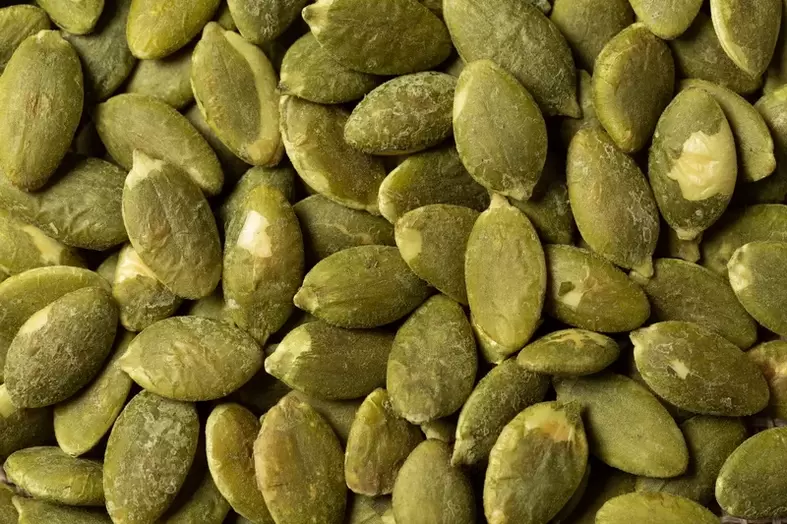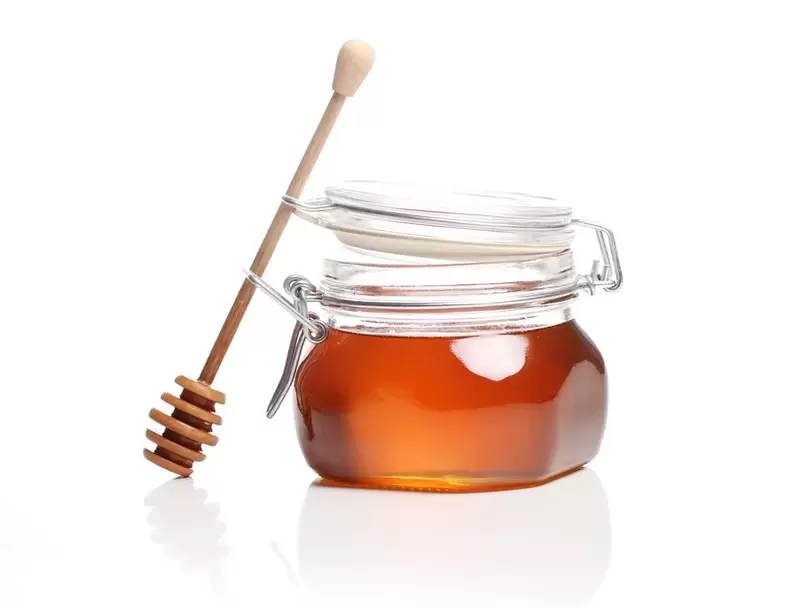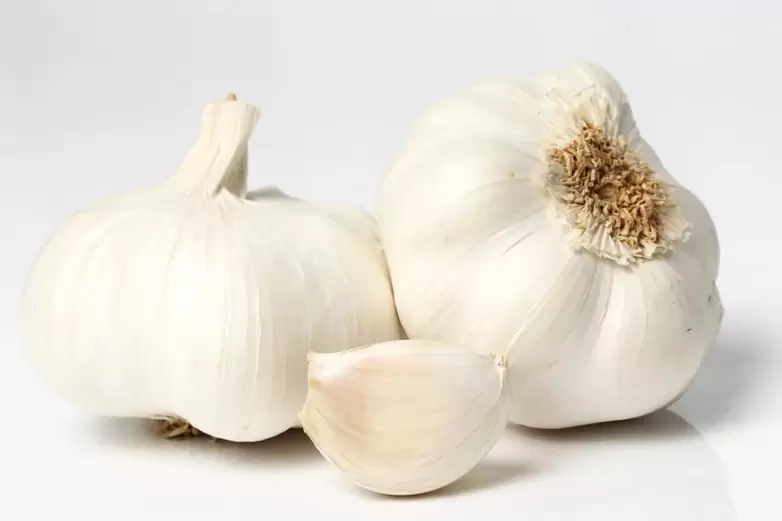
If this disease suits you, see your doctor and read this article.
Worms are called parasitic worms that live from other animals and plants, feed and reproduce in living organisms. According to statistics, every third inhabitant of the planet has these parasites. Scientists claim that there is no such adult who has not had worms in his entire life. Think about how to get rid of worms, what kind they are, how to detect them and prevent them. Keep in mind that worms (ascites, enterobiasis) are a common problem, especially in childhood and you should not panic.
Types of worms in humans
Helminths - the scientific name for worms - have their own subspecies. The most common helminths are pinworms, roundworms. Let's take a look at them.
Worms
The pins are called helminths that affect the human intestines. They are the most famous and widespread species. The reproduction of these helminths leads to the development of the disease - enterobiasis. Preschoolers and students are more prone to worm infection.
General signs of helminths in the body:
- itching in the anus
- cramps in abdominal pain, usually mild.
- decreased appetite
- stool violation
- insomnia and weakness
- Allergic reactions that do not go away after using anti-allergic medicines.
- absurd cough.
Method of infection: contact and household route. Infection occurs when eggs are swallowed with food. The infection is extremely important - when combing an itchy anus, pinworm eggs fall under the nails and are then swallowed. Adults can also be infected by children later.
Ascarisation
Ascariasis is a family of large parasitic worms. The worm lives from 10 to 24 months, after which, partially decomposed, it comes out in the feces. The organs of the gastrointestinal tract are most often affected, causing ascites. The preferred habitat for adults is the small intestine.
Giardiasis
Giardiasis - A disease caused by light bulbs, a parasite in the small intestine of humans and some animals. Giardia comes in two forms: mobile (herbal) and immobile (cyst form). The mobile form of the bulb has 4 pairs of whips and a suction disc, with which it adheres to the mucous membrane of the small intestine. It lives in the human body in the duodenum (small intestine).
Causes of worms in humans
The main causes of helminthiasis are:
- Non-compliance with basic hygiene rules, especially hand washing.
- Bad Habits. These include biting the nails, licking the fingers, holding various objects (pens, pencils) in the mouth.
- Inadequate care of pets, especially pets, because it can be a carrier of infection. After the road, cats and dogs need to wipe their feet, bathe in time, get tested and choose the right food.
- Drinking raw, unfiltered water from an unreliable source.
- Unprocessed vegetables, fruits and greens before meals.
- Badly processed meat and fish products.
- Close contact with an infected person.
- Sandboxes - these are where the worms live. Sandboxes in playgrounds should be kept away from cats and dogs.
Why are worms dangerous?
Thanks to modern medicine, it is possible to detect a disease in time, to get rid of it, therefore, serious consequences are quite rare. Worms can cause the following effects:
- intestinal obstruction
- allergic rash
- predisposition to poisoning
- the development of anemia;
- deterioration of health
- weight loss;
- reduction of the percentage of hydrochloric acid in the gastric juice.
The helminthic invasion can cause weight loss, pale shadow, itching in the anal passage. Complications depend on the type of parasite and the degree of infection. The appearance of helminths in children and during pregnancy is particularly dangerous.
How to know if there are worms
It is important to detect helminth infestation as soon as possible, which significantly increases the effectiveness of treatment and prevents the development of complications.
Basic diagnostic methods:
- fecal analysis for intestinal parasites (ascariasis).
- analysis of egg fragments with cancer (enterobiasis);
- Blood test to detect specific antibodies to worms (immunoglobulin detection - ELISA) - intestinal and tissue parasites. The most revealing study.
The review should be performed no earlier than 14 days after anthelmintic treatment. Usually, the patient is prescribed a combination of multiple tests to detect the parasite. The recovery criterion is considered a negative ELISA result and several negative results of the study of the biological environment where the worms were identified.
Pay attention! Requirements for the manufacture of biomaterials (feces for intestinal parasites):
- Prepare a sterile container. Now they have created specialized containers equipped with a convenient spoon. You can buy it at any drugstore.
- Do not use laxative.
- Stools are collected in the morning before the test.
- It is impossible to allow urine to enter the stool, therefore, it is imperative to urinate before the procedure.
- It is necessary to collect the material from various parts of the last section.
- Put in a prepared container about a tablespoon of feces (10-15 g).
- Deliver the container to the laboratory as soon as possible - the so-called "hot stools".
Scratching for enterobiasisperformed in the morning, in the child's bed, before the emptying and hygiene procedures in the morning. A transparent narrow strip is used, which is applied with the sticky side to the peripheral folds and then, on the same side as the biomaterial, it is glued to a clean, dry slide. Do not use matte or colored sticky stitch.
Worm control methods
An infectious disease specialist or parasitologist is involved in the treatment of parasitic infections. But you should not immediately go to a doctor with specialization: it is better to contact a pediatrician or therapist. He will order some studies and, if necessary, refer you to a parasitologist or gastroenterologist.
If worms are found in a child, it is imperative that anthelmintic treatment be given to all members of the family.
When worms are detected, the doctor prescribes antiparasitic agents aimed at controlling a specific type of worm. Modern medicines effectively fight worms at every stage of the life cycle: adults, larvae and eggs. In most cases (for example, ascariasis), a single dose of pills is enough, but sometimes it is necessary to undergo a series of medications - the treatment is developed by a specialist doctor.
It is unacceptable to violate the treatment regimens prescribed by the doctor - this can lead to the fact that the worm eggs remain in the body, which in the future will cause recurrence.
What pills can be used
Modern medicines are presented in the form of tablets or suspensions for children.
The method of application for all drugs is different. It is important to read the instructions carefully and follow them clearly. Another point is contraindications. Contraindications are based on various liver diseases, pregnancy and lactation. Ideally, discuss this with your doctor.
The drugs are selected by the treating physician depending on the type of worms, the characteristics of the organism, the stage of the infection, the age of the patient. Not always, in order to get rid of worms, there are several anthelmintic drugs. In some cases, complex treatment is prescribed.
After its vital activity, the worm causes damage to our body. Therefore, it is important not only to carry out anthelmintic treatment, but also to cleanse the body of toxins formed during the death of the worms.
The killed helminth secretes decomposition products, which are one of the most powerful intestinal poisons. Allergic reactions may occur, the formation and outflow of bile is disturbed, the peristaltic gastrointestinal tract suffers, which manifests itself in the form of "lazy bowel" or, conversely, its excessive activity - diarrhea - "bowel leakage". The body's resistance to viruses and bacteria is reduced, latent chronic infections are activated.
Along with antiparasitic agents, medications that improve the condition of the gastrointestinal tract, vitamins to eliminate vitamin deficiency, antihistamines (in case of allergic reaction), hepatoprotective, biliary and absorbent may be prescribed.
Currently, in the arsenal of pharmacies, you can buy herbal remedies that combine all these effects.
Let's see what kind of medicinal plants will help us get rid of helminths.
Treatment with folk remedies
Pumpkin seeds and honey
Pumpkin seeds have long been known in folk medicine, their pharmacological properties have been confirmed experimentally and clinically. The seeds are used against various tapes (cattle, pork and dwarf tapes, wide tape) and nails.

The main pharmacologically active substance that determines the anthelmintic effect of pumpkin seeds is the amino compound cucurbitin (3-amino-3-carboxypyrrolidine), the content of which in the seeds reaches 0, 1-0, 3%, depending on the pumpkin variety.
- To control worms, 300. 0 peeled seeds are taken in small doses on an empty stomach for 1 hour (you can grind in a mortar, always with a green shell and mix with honey 50-100, 0).
- After 3 hours, a laxative is administered, after 0. 5 hours an enema.
- Children aged 3-4 years are given 75. 0 seeds.
- 5-7 years - 100, 0;
- 8-10 years - 150, 0;
- 10-15 years - 200. 0-250. 0.

Sowing garlic
Garlic, whose beneficial properties are known around the world, is more widespread in different countries. Garlic (Allium sativum L. ) contains herbicides, the main of which are alicin, geranium, rutin, quercetin. Garlic has a general strengthening effect, stimulates immunity, has anthelmintic, antimicrobial, antiviral and fungicidal action, enhances the motor and secretory activity of the gastrointestinal tract, suppresses fermentation and sepsis in the intestine.

Yarrow
The beneficial properties of yarrow are expressed in biliary action, increased production of gastric juice, improved appetite. Thanks to its antispasmodic action, the herb yarrow is used to reduce the pain caused by intestinal spasms.
Long turmeric
Turmeric has been used in traditional Indian medicine Ayurveda as a remedy for many ailments such as colds, stomach ulcers, liver diseases and for healing skin wounds. Turmeric is rich in essential oils, the ingredients of which are borneol, known for its strong antiseptic action, as well as for falcandren, cengibrene, curcumin and others. Also contains vitamins in high concentrations (vitamin -% of daily value): B6 - 90%; C - 28%; E - 20, 7%; B1 - 10%. A safe daily dose of turmeric is 1 teaspoon. Daily intake of turmeric improves digestion, stimulates the gallbladder (turmeric should not be used for gallstones, as the spice leads to increased bile outflow) and lowers blood cholesterol levels.
Crow
In modern medicine, cumin fruits are used to treat diseases of the gastrointestinal tract, intestinal atony, flatulence. The plant is used for bile duct spasms. Cumin fruit is part of the caramel, gastric, appetizing and other collections.
Recipes
- The infusion is prepared at the rate of 2-3 teaspoons of cumin seeds in a glass of boiling water.
- Insist 45 minutes and take 2-3 tablespoons. spoons (children 1 tsp). 5-6 times a day before meals.
Prevention of helminthiasis
In order not to catch a parasite for yourself, it is imperative to follow the rules of hygiene: a modern change of sheets, regular shower and hand wash. It is even better to spray household items with antiseptic.
It is important to eat the right food and handle it well. Be especially careful with fish and meat. During bowel movements, fish should be carefully inspected for eggs and worms and a separate table should be used for slaughtering raw fish and meat. In spring and summer, it is important to thoroughly wash the greens and berries from the garden.
You should also do regular spring cleaning. Drink only proven water and treat your pets with care and proper care. The main guardian - immunity - also needs help and care.
If there are pets in the house, then all family members should take precautions against worms, be sure to include the most beloved pet.








































